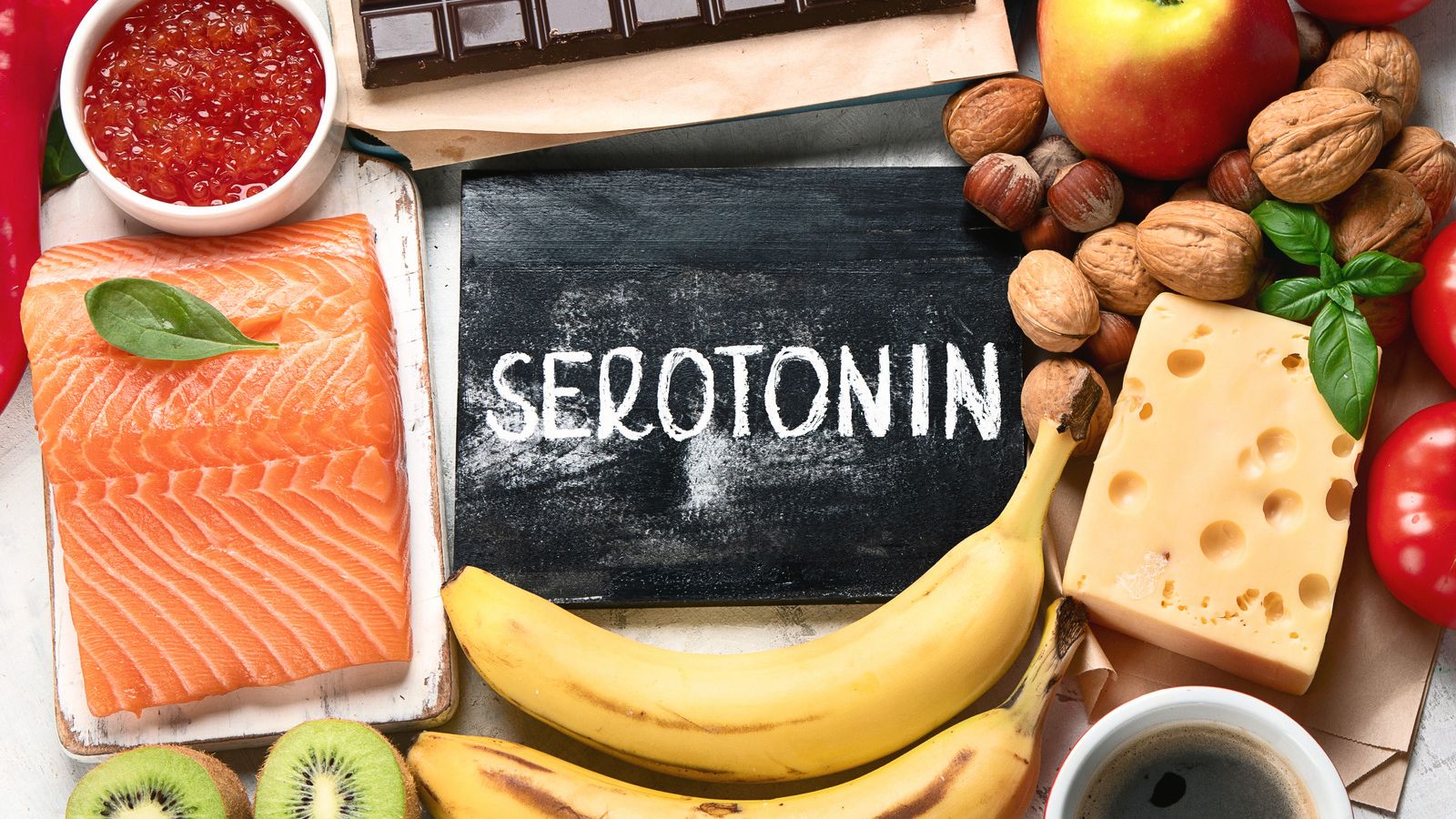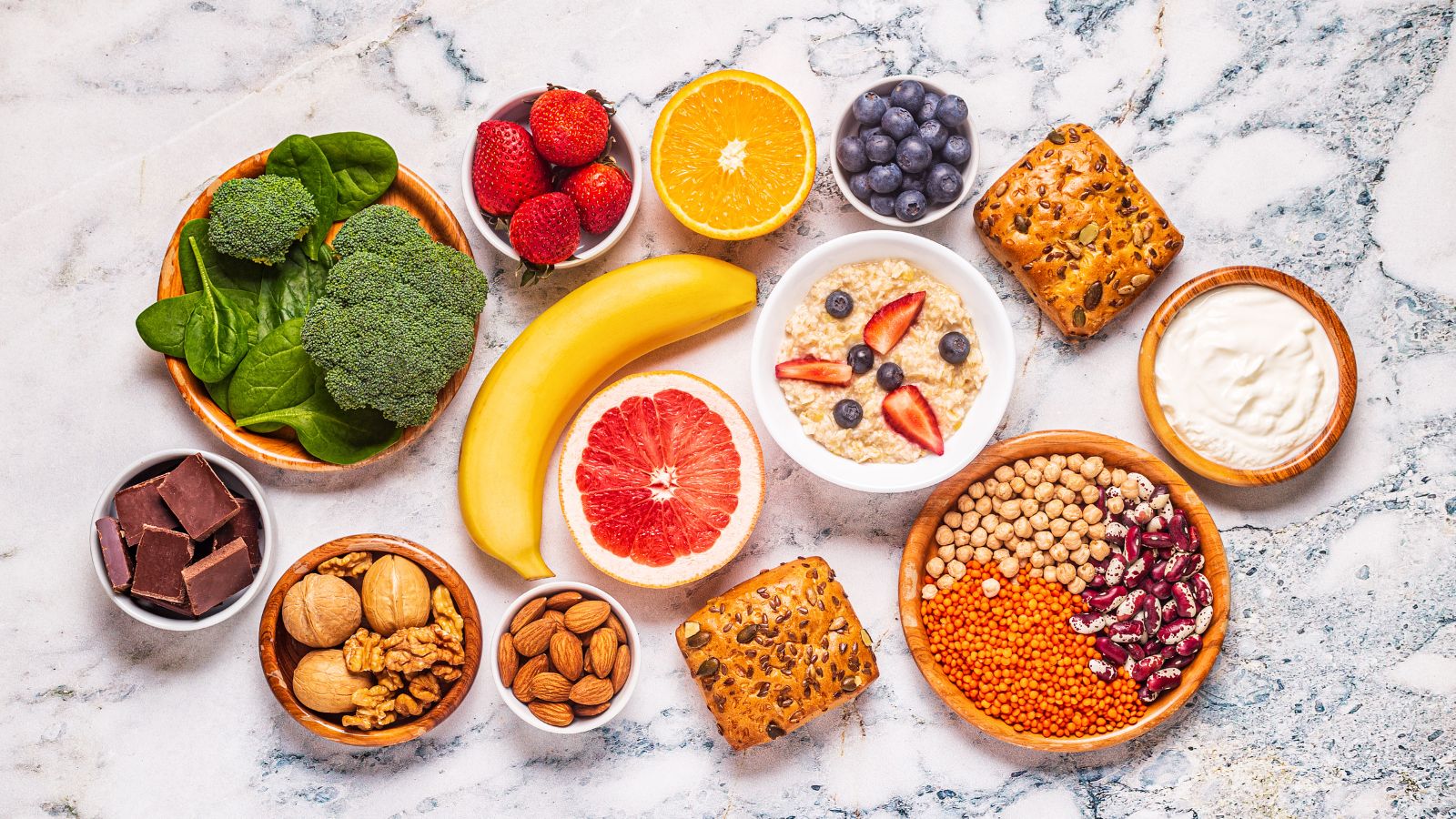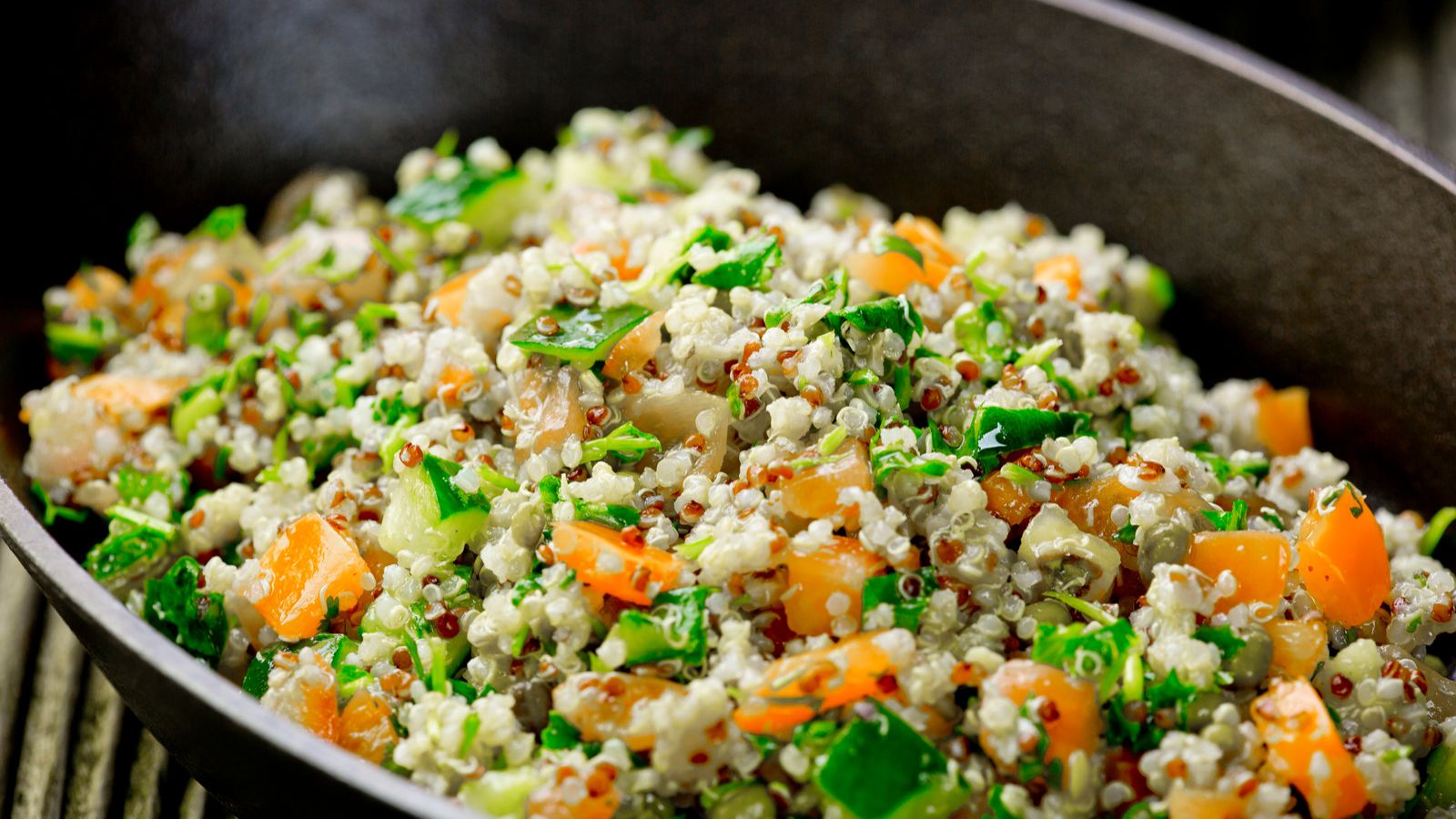Join The Nantwich Clinic Club to keep up to date with news and offers!
Sign Up
It’s widely known that nutrition plays a key role in your physical health and development, but it’s also incredibly important for your mental and emotional health as well. In the same way that it makes sense that what you put into your body affects how you operate physically (for example, if you’re trying to maintain a healthy weight then eating excess calories won’t help), it makes sense that you need to provide the right fuel for good mental health too.
The link between your diet and the way that you feel comes from the relationship that is present between the brain and gastrointestinal systems, which is home to billions of bacteria that directly influence the production of specific substances that carry messages to the brain. By eating food the is dense with good nutrients, it promotes the growth of what is known as good bacteria. This good bacteria then has a positive effect on the production of chemicals like dopamine and serotonin which are synonymous with being in a good mood and your brain reacts well to this, putting you in a positive mental state. On the other hand, not getting the right nutrients can promote the bad bacteria within the gastrointestinal system which can cause the positivity to very quickly turn into negativity.
Sticking to a healthy, balanced diet and eating the right foods can help to prevent mood swings whilst improving your ability to focus on what’s really important (whether that’s work studies or even sports). Some studies have even shown that cleaner diets made up mostly of unprocessed foods can even help with symptoms associated with depression and anxiety, with unhealthier diets being linked to increasing the risk of dementia and strokes.

It’s all well and good us saying that you should eat better and it will help your body and brain, but what exactly should you be grabbing when you go shopping and ultimately turning into good mood fuel? Well, you can keep your eye out for…

So you’ve put your mind to it and picked out your new good mood foods, the next step is figuring out how you’re getting them into your diet. For a good starting point, you can start out by making small swaps from your regular meal plan. For example, trading out white rice and bread for a wholegrain variant can help to increase the fiber levels in your body which ticks off one key point on the list above.
You shouldn’t feel the pressure to change your entire lifestyle and diet immediately, often this can lead to it being changed back, but by making small changes you’ll notice a big difference. Even taking it day by day or changing something out once a week can provide a real boost to your physical and mental health, after all the diet that works for you may not work at all for someone else.
It may not be an immediate change and could take a few weeks before you start to feel the effects of a better diet and better nutrition, but sticking to it and making the right choices each day will act as building blocks that connect to provide positive results for both your mind and body.

To find out more about health and nutrition, or to book a lifestyle analysis appointment with a member of our team, speak to our team today.
Whether it’s a quick question that you need to ask, or you would like to book an appointment with us, we want to hear from you. Simply click the button below to get started or contact us on 01270 627118.